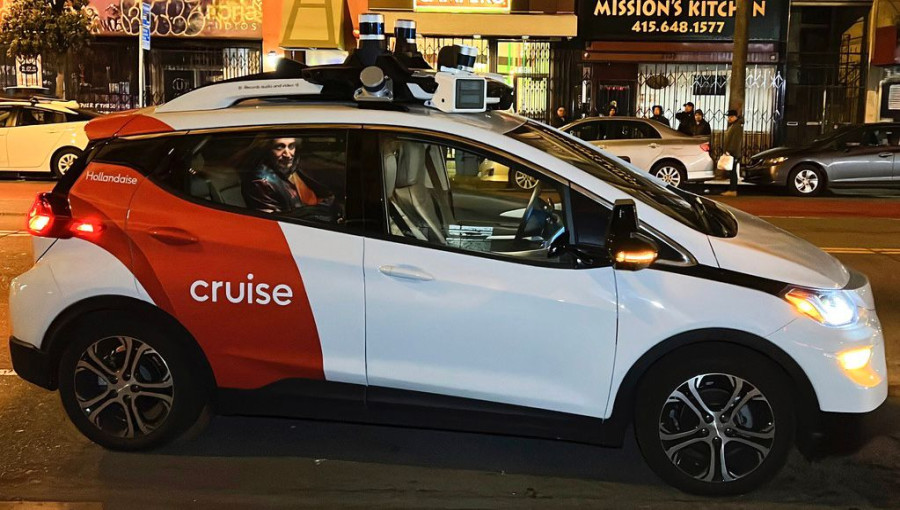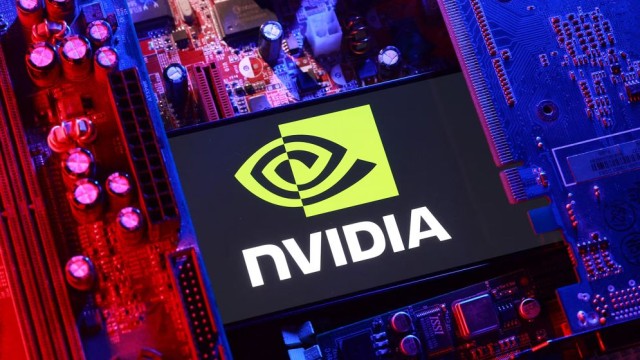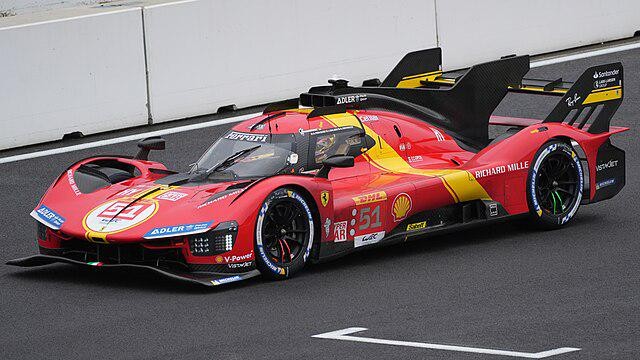Dec 11, (V7N) - Motors (GM) announced on Tuesday that it will discontinue its efforts to develop robotaxi technology through its majority-owned subsidiary, Cruise, marking a significant shift in the company's strategy. This move comes after GM invested more than $10 billion in Cruise since its founding in 2016. The decision is largely driven by the substantial time, resources, and costs involved in scaling the robotaxi business, as well as an increasingly competitive market for autonomous ride-hailing services.
The restructuring will fold Cruise's operations into GM's broader driver assistance technology division, signaling a pivot away from fully autonomous robotaxis to more traditional vehicle technologies. GM CEO Mary Barra stated that running a robotaxi fleet was not the company's core business, acknowledging the high costs associated with it. As part of the restructuring, GM expects to reduce spending on Cruise from about $2 billion to $1 billion by mid-2024.
This shift also aligns with GM's broader focus on its profitable business segments, particularly gasoline-powered vehicles like pickup trucks. The company has recently scaled back its electric vehicle ambitions, sold its stake in a joint venture battery plant, and restructured its operations in China.
Cruise’s retreat from robotaxi development follows similar moves from other automakers. Ford, for instance, ceased funding its Argo AI project in 2022, though it continues to work on driver assistance systems. Despite this, competitors such as Alphabet’s Waymo and Tesla remain committed to autonomous vehicle technology, with Waymo recently expanding its services in Miami and Los Angeles.
Cruise has also faced regulatory challenges. In October 2023, it admitted to submitting a false report about a crash in San Francisco, where one of its robotaxis injured a pedestrian. As a result, Cruise paid a $500,000 criminal fine and GM reached a settlement with the injured party. This incident further compounded the pressures on GM's autonomous vehicle ambitions, leading to the decision to scale back the project.
END/TEC/RH/































Comment: